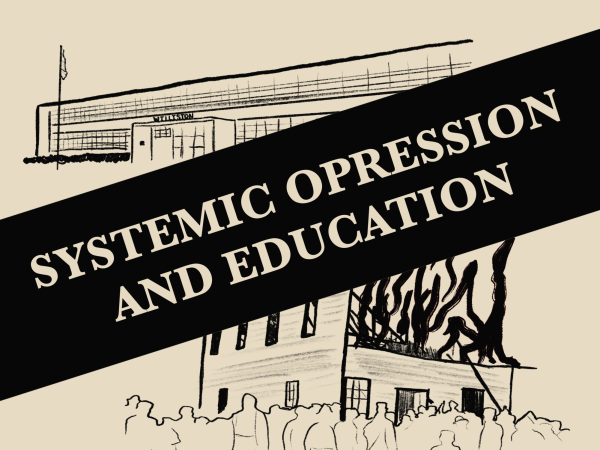
If you want to cripple a community, attack its schools. Serving as pillars of the community and a place of hope and safety for young people, harming schools and academics causes a shockwave of negative repercussions, such as keeping people in poverty and disenfranchised. Educational opportunities have been historically withheld and attacked in order to oppress certain groups, even here in Wilmington, N.C.
But first, we need to rewind to over a century ago.
The Massacre took place Nov. 10, 1898, when a white supremacy group targeted the Black community in Wilmington, N.C. killing many vital members of the population and forcing many to flee for their lives. Prior to the massacre, Wilmington was a majority Black community and offered many opportunities for people of color, however after the massacre the Black population plummeted and has been steadily decreasing ever since. The Black culture in the city was directly attacked, with the Black newspaper, The Daily Record, being burned down, and less than one hundred years later the Black school, Williston High School, shutting down.
Williston was the first Black school to be included in Wilmington’s system of free-schools and was the target of three arson attempts during its infancy. Resilient, the school grew and enrolled more students, providing the Black population in Wilmington with quality education, opportunities and a center for the community.
“This dominant narrative that we often hear assumes that the schools in the Black communities were under-resourced, underdeveloped, inferior institutions,” Dr. Cara Ward, Assistant Professor of Social Studies in the Watson College of Education at UNCW, shared. “That was the ‘justification’ that the white school boards would use to shut down the school. When, in reality, they were amazing schools with all kinds of opportunities for students.”
New Hanover County Schools was taken to court by the Black population on March 24, 1964 due to the segregation of the school system despite schools being legally desegregated by the government in 1954. However, the Board decided to approach desegregation by shutting down Williston, a lighthouse in the Black community, and moving the students to the white schools, Hoggard High School and New Hanover High School.
“It was what was in the interest of the white community,” Ward explained.
The New Hanover County School Board thought it would be too hard to send white students to Williston as it was in a Black neighborhood, so they thought it would be easier to take the Black students and send them to the two white high schools. “Shutting down Williston was devastating to the Black community,” said Ward. By shutting down Williston High School, the school board put Black teachers and administrators out of work, removed a sanctuary in the Black community and destroyed a place of quality education for students.
As time wore on, the tensions in the desegregated schools grew. “[The Black students] saw this injustice that was happening at New Hanover and Hoggard and they felt mistreated,” Ward said. “If there was a fight between white and Black students, the Black students would receive the punishment where the white students were let off the hook.” Fearing for their safety and upset by not having their academics prioritized equally with their white classmates, Black students made steps to enact change. In January 1971, many Black students boycotted the schools in protest of the unfair treatment, often going to local churches to avoid the classroom.
On Feb. 6 1971, members of white supremacist groups, including the KKK and the Rights of White People, fought with Black students downtown. By Feb. 11, 1971, The Wilmington Star News reported two deaths, six injuries, 13 arsons, five buildings rocked, 24 bomb hoaxes, 11 cars shot, 13 cars rocked and four criminal assaults. The students were blamed for the violence and 10 people were wrongfully arrested, nine Black people and one white social worker, for the damages done. Their wrongful convictions were not overturned until 1980, and they were not given full pardons until 2012.
By shutting the doors of the Black school and creating a volatile environment within the desegregated schools, white supremacists destabilized the Black community even further after the Massacre of 1898. White supremacists have crafted systemic oppression through the withholding of education to enslaved peoples, decommissioning Black schools in the name of desegregation and creating volatile environments for Black students that did not support their academic success. By supporting education we support communities and enable our young people to not repeat the mistakes of the past.
By using academics in the modern day to remember the violence of the past we are able to move forward as a community. Ward received a National Endowment for the Humanities Grant for a project entitled: “Wilmington 1898: Geographies of Rage, Resistance, and Resilience.” The purpose of the project was to instruct educators across the nation about the Massacre of 1898 and its impacts so they may add it to their curriculum. Ward shared that there are many other examples of similar events beyond Wilmington, and by better understanding the Wilmington Massacre we can bring our community forward. Ward quoted Mark Twain: “History doesn’t repeat itself, but it often rhymes.” By incorporating the history of racial tensions, violence and the impact of kneecapping academics in order to harm communities into modern educational plans we can take steps to prevent it from happening again.
Wilmington is making efforts to remember the Massacre of 1898. Black Educator Bertha Todd, who was present in the desegregated Wilmington schools during the events of 1971 and worked to keep the peace among students, worked with the 1898 Foundation to organize commemorative events and help raise over $100,000 towards the construction of a permanent memorial.
On July 1, 2023 there was a Legacy Graduation for students who would have graduated from Williston High School before it was shut down, honoring their academic achievements over 50 years later.
The creation of the Wilmington 1898 Museum for Healing, Education & Democracy is underway in order to educate people about the one and only successful coup in U.S. history and look towards healing race relations. Ward expressed hope that one day schools will be able to take classes on field trips to the museum in order to learn about the dark side of Wilmington’s history.
White supremacists have crafted systemic oppression through the withholding of education to enslaved peoples, decommissioning Black schools in the name of desegregation and creating volatile environments for Black students that did not support their academic success. By supporting education we support communities and enable our young people to not repeat the mistakes of the past.









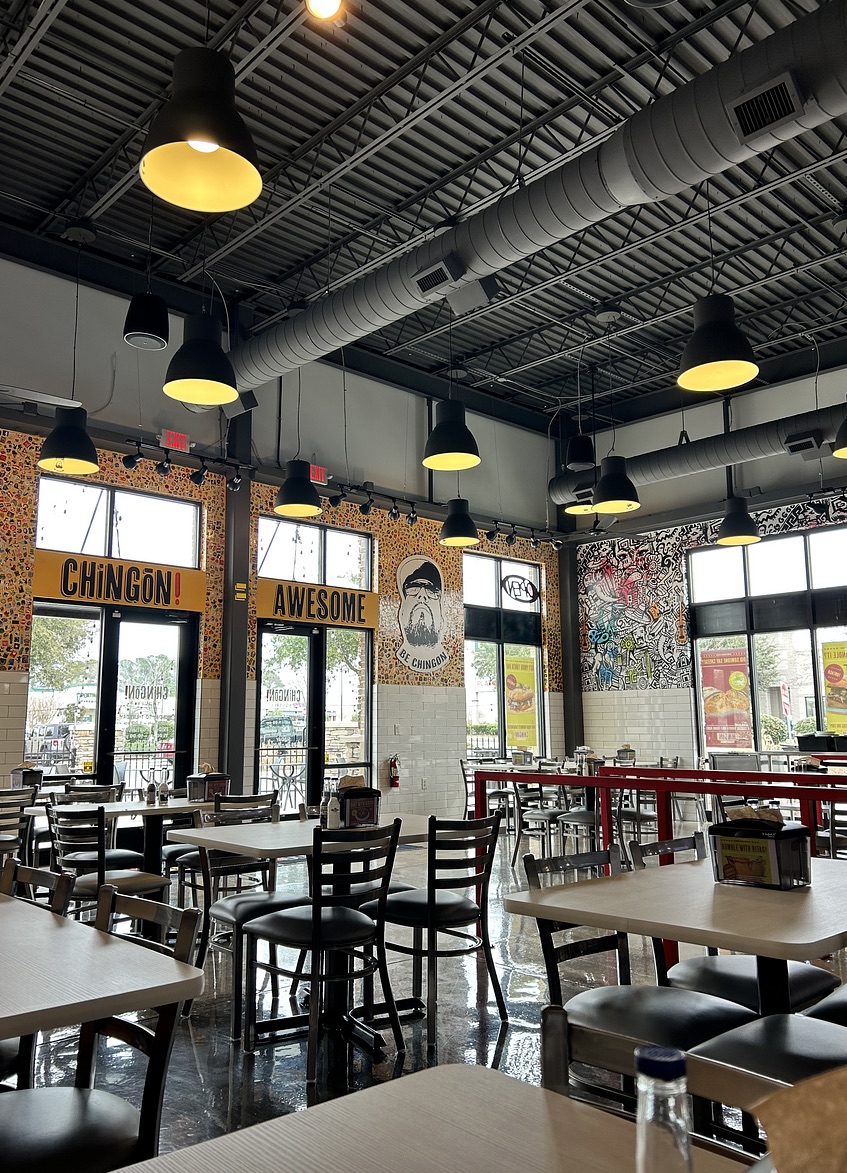



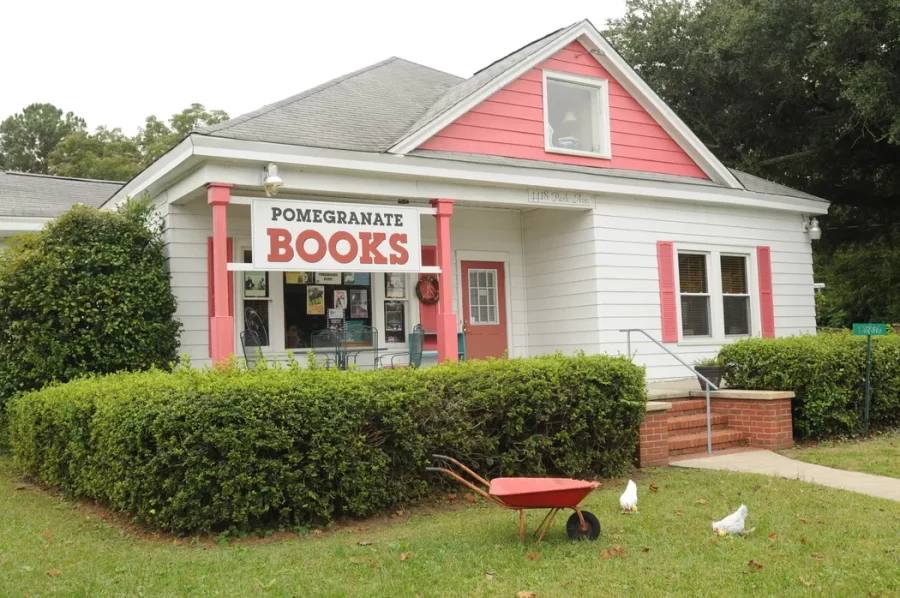

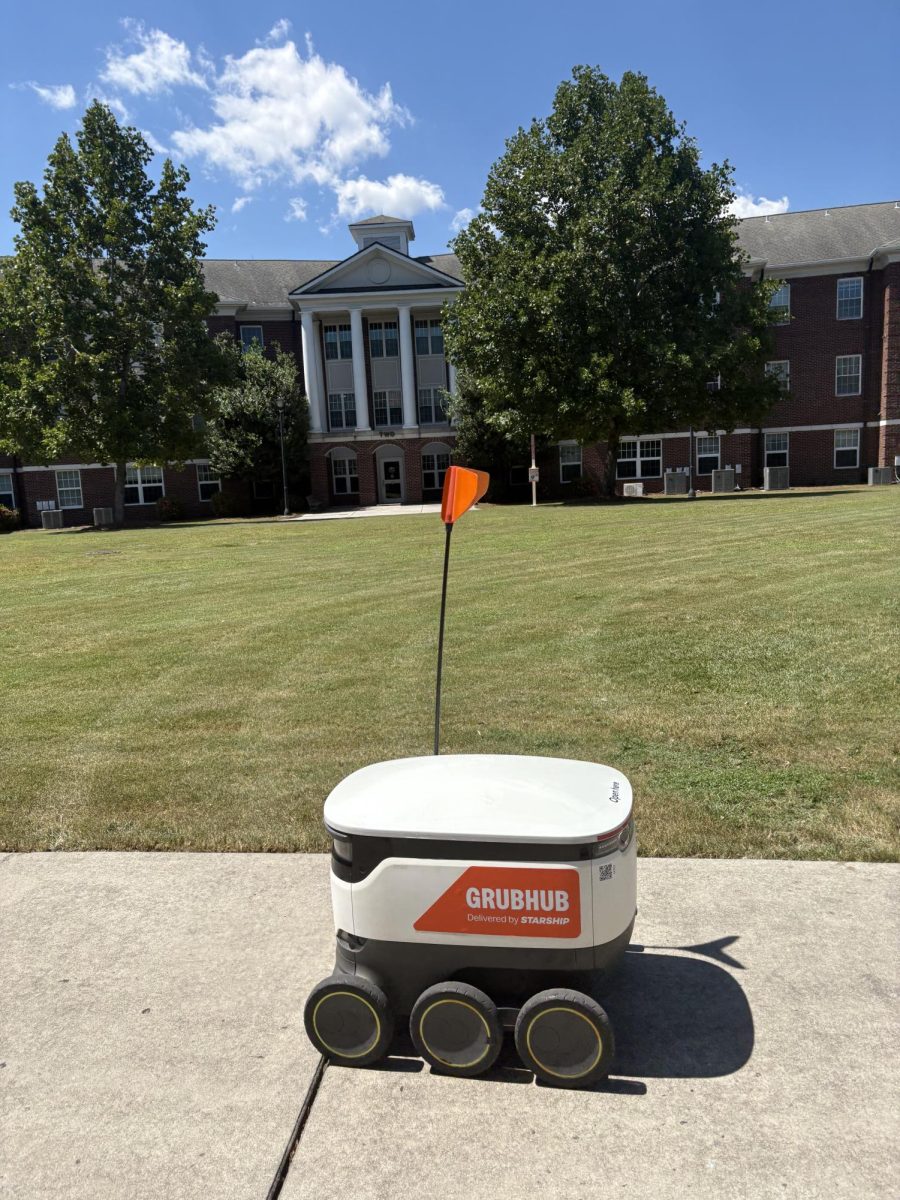



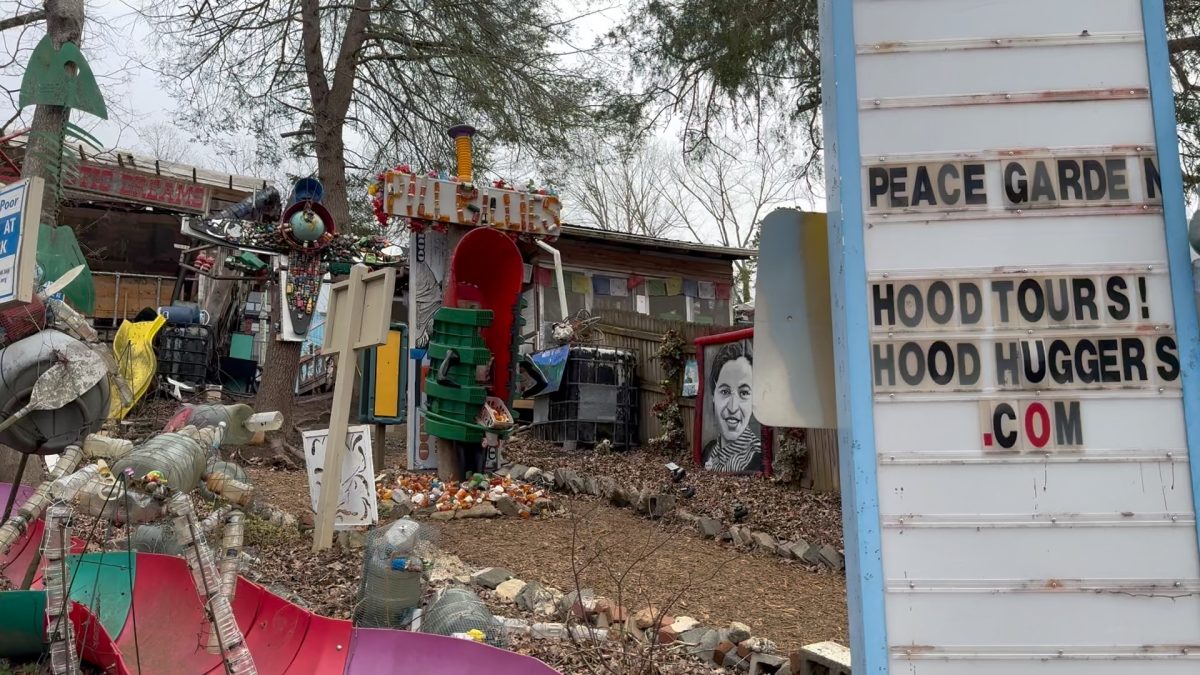
Paul Jefferson • Apr 13, 2025 at 6:16 pm
A good article. I, too, served on the 1898 Memorial Committee and was startled to learn of the “1898 Coup’ (sted Massacre). As a (former Journalist), I would caution the writer to utilize comma punctuation for some of those long, involved, sentences…and if including a quote, make it relevant to the tone and tenor of the article.
Ana Tahir • Mar 31, 2025 at 7:12 pm
This powerfully illustrates how attacks on schools cripple communities. Very informative read, great job!